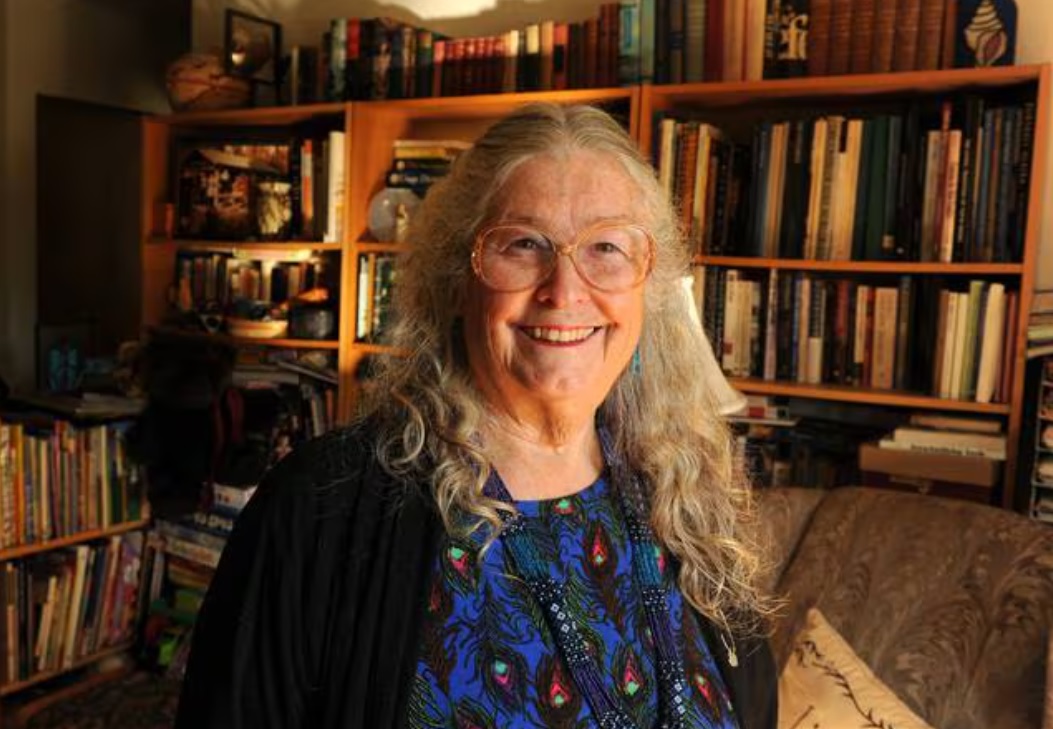
Our world would be better if we honored those applying their genius to humbly help others and paid less attention to the boastful and self-important ones.
So here goes.
Gretchen Bersch is smart enough to have done anything with her career, but she dedicated most of it to the least prestigious backwater of academia: helping math phobic adults learn introductory skills to be productive and advance.
Gretchen still teaches adults as a volunteer. And does a lot else. She’s a dynamo. Now in her 80s, she runs a retreat center on an otherwise uninhabited Alaska island. For her, the helps for aging are a reliable chain saw and log splitter.
Alaska Public Media captured that lovely place with her in a gorgeous video—which will also give you a sense of where I spend the summer with my family, just up the bay.
Our society often denigrates teachers. “Those who can’t do, teach.” Yech.
Given that teachers are the conduits of culture and the foundation for each generation, why would we belittle and undercompensate them? Why do we allow greedy self-promoters to be honored instead?
Gretchen began her teaching career in remote Alaska Native villages in the 1960s, at a time when many adults there hadn’t been exposed to basic skills but wanted to learn. She created curriculum to teach them and to teach them to teach others.
Later, in Anchorage, she taught algebra to adults whose academic or business careers had stalled because of the terror they felt in front of a math book. Rather than wishing she were in a fancier part of the university, she relished the challenge.
“I always felt like two-thirds of it was the psychology,” she said. “How could I get inside somebody’s head to see how they processed the information? And that’s why teaching the same course for years and years and years never got old or boring. Because it was intriguing to see how I could figure out and help this person to know how their brain worked.”
I’ve found that as a writing coach, too. Writing is always about getting inside people’s heads—that’s where our words land—but it takes even deeper mental excavation to figure out why a developing writer is having trouble finding the best words to use.
I enjoy it. Writing can be lonely, but when I’m working with a writer who breaks through to a new level, I feel a sense of connection as well as accomplishment. It’s not about me, but I feel good that I helped another writer create meaning.
I’m nowhere near Gretchen Bersch’s level. She taught people who were convinced they couldn’t do math, but whose lives would be stunted and poor if they failed. That’s hard.
But when Gretchen retired 19 years ago, she didn’t stop. “I never wanted to quit teaching. From the time I was 10, I wanted to be a teacher, and I got to do that my whole life. It was cool. And I still get to do it, even though it’s completely unpaid.”
If you enjoy my newsletter, please share it.